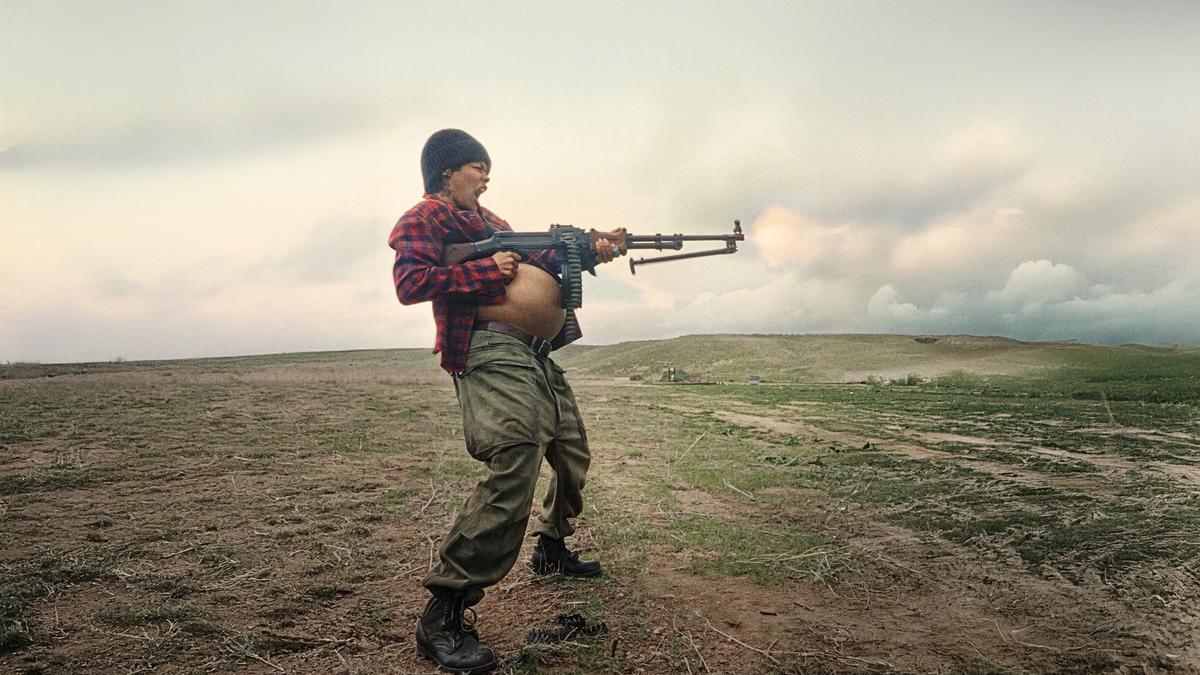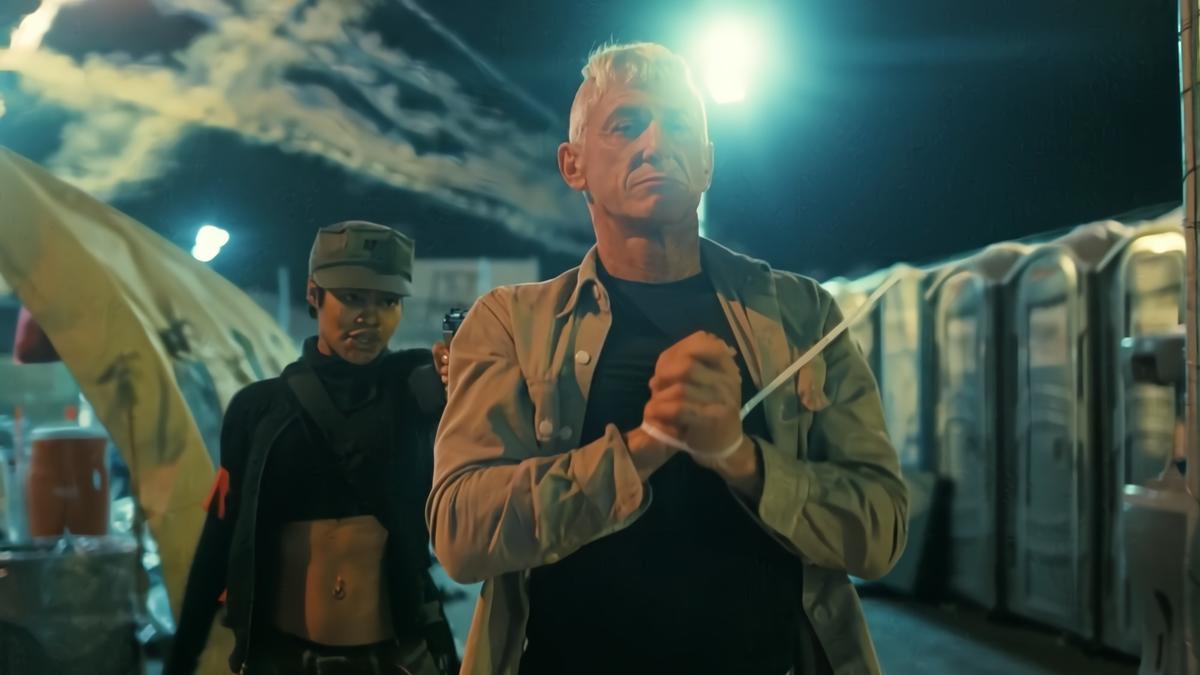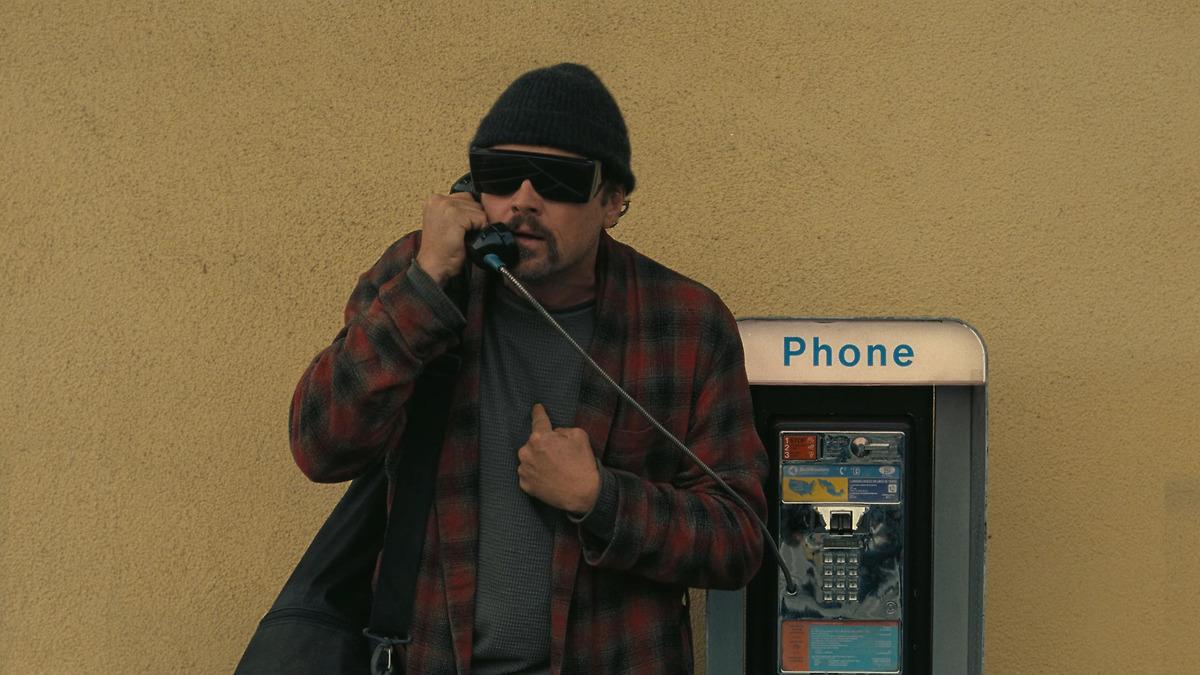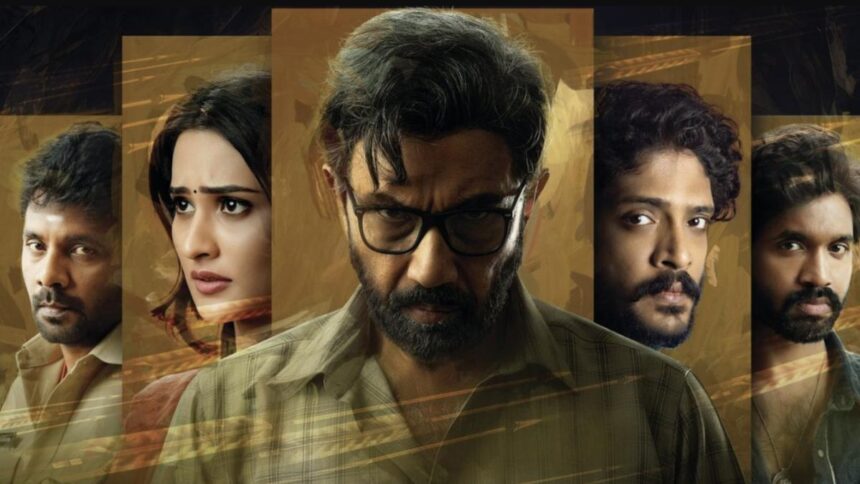For nearly three decades, Paul Thomas Anderson has been the great American nearly-man at the Oscars. The beloved auteur has been lionised by critics, revered by peers, consistently nominated, and yet stubbornly unrewarded on Hollywood’s grandest night. Since Boogie Nights, each new work has been met with the familiar chorus — “PTA has done it again”, “PTA has remade the American epic in miniature” — followed by the equally familiar outcome of polite losses to pedestrian fare. With One Battle After Another though, the consensus feels different. A feverish parable of insurgency and inheritance adapted from Thomas Pynchon’s Vineland, the film has already been greeted as his most politically urgent and emotionally direct work in years. And I’m here to confirm that the unanimous buzz may just be right for once: Paul Thomas Anderson may have finally made the movie that breaks his Oscarless run.

At the centre of this ensemble piece is a curiously old-fashioned triangle. Leonardo DiCaprio plays Pat Calhoun, a low-level explosives man in a radical militant collective. His partner and comrade, Perfidia Beverly Hills (Teyana Taylor), is the real engine of the movement. She’s a restless, charismatic, femme fatale who fires a machine gun in her ninth month of pregnancy to let off some steam. Their adversary is Colonel Steven Lockjaw (Sean Penn), an oily caricature of authority with mommy issues and the unearned confidence of being part of the ethno-fascist boys club.
One Battle After Another (English)
Director: Paul Thomas Anderson
Cast: Leonardo DiCaprio, Teyana Taylor, Sean Penn, Chase Infiniti, Benicio del Toro, Regina Hall
Runtime: 162 minutes
Storyline: When their evil enemy resurfaces after 16 years, a group of ex-revolutionaries reunite to rescue one of their own’s daughter
Sixteen years after the first skirmish, Perfidia is AWOL at best, and Pat (who now goes by Bob) is a burnout single father in a small town. His radical fervour has now dissolved into weed smoke and paranoia as he spends afternoons re-watching The Battle of Algiers. His daughter Willa (a revelatory Chase Infiniti) has inherited her mother’s discipline and none of her father’s disarray, and their relationship is the film’s beating heart.
DiCaprio plays Bob with a particular sort of humility. He is ridiculous and pitiable in equal measure as the single father whose radical adolescence decayed into habit and torpor. The movie loves him in ways that are not sentimental, and DiCaprio’s comic timing and physical imbalance make his failings legible without excusing them. Meanwhile Infiniti’s Willa is alert, trained and roving with an adult’s self-possession. She has been schooled by a local sensei (Benicio del Toro), whose calm, plain-spoken moralism furnishes the movie with its most persuasive ethics of steadiness as a form of resistance.

A still from ‘One Battle After Another’
| Photo Credit:
Warner Bros.
Anderson has been circling Pynchon for a decade now, adapting Inherent Vice with stoned fidelity and now distilling the paranoia of Vineland into a film that never utters a political buzzword. But he’s not trying to do contemporary commentary with the bluntness of reportage. He borrows instead from the satirical and paranoiac strands of post-war fiction so that the film’s political anatomy is registered by implication and image rather than by anything explicit.
Immigration raids, the normalisation of militarised police violence in ordinary towns, and the small, ritualised cruelties of made-up patriotic fraternities: none of this is spelled out, yet the film registers it as a set of habits that shape character and civic life. The decision not to point directly at named policies or figures gives Anderson room to dramatise how power works on the minute, domesticated scale to lay siege to somewhere as absurd as a high school prom.
As spectacle, the film is astonishing. If Anderson’s ambitions have sometimes looked like the indulgences of a sovereign artist, here those ambitions feel pragmatic. Jonny Greenwood’s score twitches and pulses like the world’s most anxious heart monitor, while Michael Bauman’s swelling wide-format cinematography makes even the blind crests of the California hills look like metaphors in waiting. But none of this distinguished craftsmanship makes the movie feel lacquered. It is messy, funny, occasionally ridiculous, and unmistakably alive.
With DiCaprio stumbling through a majority of the film in his robe, and Penn preening like a reptile in heat, the film is often hilarious, but the humour is never glib. There are moments of pure absurdity — with DiCaprio having a scene-stealing mid-escape meltdown on call with a particularly obstinate Commrade Josh — peppered with moments of real, clarifying anxiety and terror. Anderson seems to have rediscovered the anarchic comedy that ran under Boogie Nights and Magnolia, only now it is sharpened by age and fatherhood.

A still from ‘One Battle After Another’
| Photo Credit:
Warner Bros.
Sometimes the seams show. The film indulges in digressions that swell the running time and occasionally threaten coherence; and there are points one senses an eagerness to include everything the imagination supplies. But those indulgences are in some perverse way, consistent with the movie’s thesis: political life is a cluttered, recursive business, and every act of insurgency carries detritus.
What unites the film’s disparate elements is an insistence on the interior life of commitment. Now a father of four, Anderson seems to be staging his own anxieties about handing over a broken world to the next generation. In that sense, rather than a call to arms, the title sounds more like a ledger to tally this continued, exasperating persistence. It gestures at the churn of culture wars and also the thankless labour of parenting, where every skirmish feels like the latest in an endless tirade.

Anderson has made films about oil men, cult leaders, porn stars, and dressmakers, but rarely has he been so blunt about the present. It is a work of furious implication, funny enough to sting and serious enough to feel dangerous.
One Battle After Another is currently running in theatres
Published – September 26, 2025 04:36 pm IST























